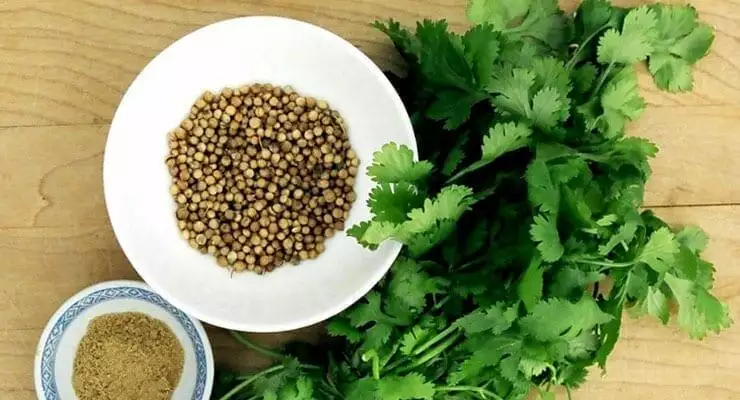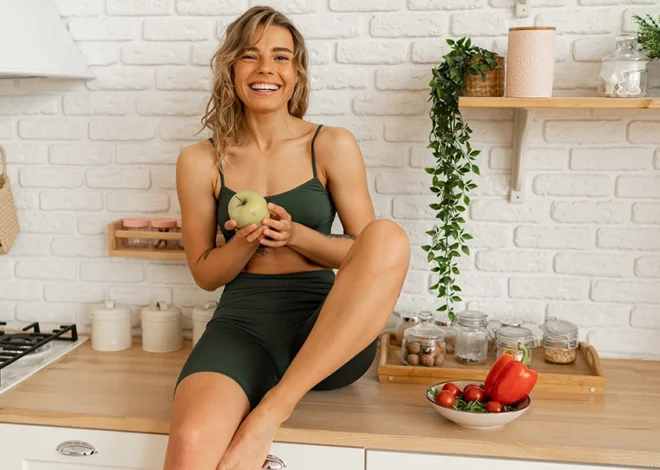Coriander comes from the Greek word, “koris,” which means bed bugs, because the little seeds resemble bugs. Its peculiar smell doesn’t help either. And recently, scientific studies have found a correlation between the fat cells in coriander and that of bed bugs. Bear with me as I shriek, EEEEW! Many people have that reaction to this plant, the leaves of which are called cilantro. Any resemblance ought to be a turn off, right? For example, Julia Child is quoted as saying that she would never eat coriander. In fact, she says she would “pick it out if I saw it and throw it on the floor!”
Despite the grief it gets, there are many health benefits to coriander. According to Whole Living Magazine, prior to the invention of insulin in 1922 coriander was used to treat diabetes. According to OrganicFacts.net, Coriander actually has eleven components of essential oils, six types of acids (including ascorbic acid, better known as vitamin-C), minerals, and vitamins, each having a number of beneficial properties. Coriander is actually a member of the carrot family along with dill, caraway, parsley, cumin, fennel, and anise. I was amazed to see the list of health benefits. Check out this list from The Global Healing Center.
Read: How to Build Your Own Herb Garden
Cilantro is popular in Mexican dishes as it brightens up salsa, guacamole, and goes great with either fish or chicken. Coriander is used more in Indian cooking. Some people even like to toss the seeds into their smoothies for a herby, spicy nutrient boost.
Read: Use of Cinnamon in Weight Loss
Unfortunately, for pregnant mommies, it’s probably best to stay away from this herb. Personally, I don’t remember cilantro being on the list of things I was told not to eat when I was pregnant (any of the three times), but things change all the time so I thought I should point this out. The research has not yet been solidified, but cilantro may be tied to an increased chance of miscarriage and failure to conceive. Keep an eye out for more conclusive research, and consider substituting in a better-for-baby herb.

What’s your take on cilantro and coriander?





